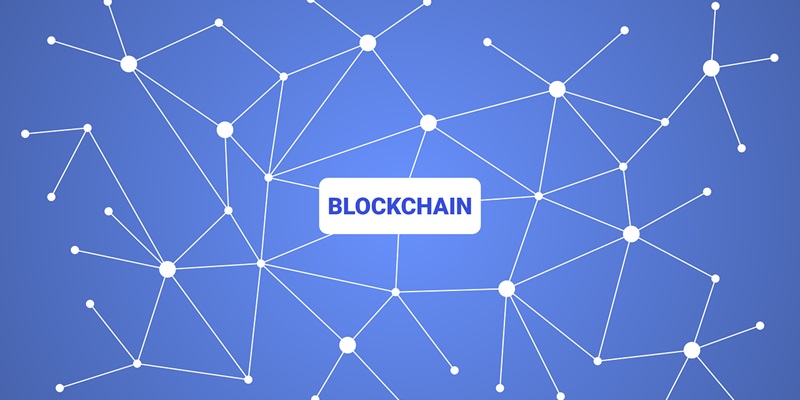The increasing adoption of decentralized technology by artificial intelligence (AI) ventures aims to overcome significant developmental challenges that have long plagued the industry. The collaboration between various blockchain protocols is at the core of this movement, aiming to create a decentralized AI agent economy. A notable example is the open-source protocol Lumerin, which has partnered with Morpheus and Exabits to achieve this vision. While Morpheus brings AI services and computing resources to users, Lumerin handles the data flow, and Exabits provides the necessary computing hardware. This collective effort marks a significant step forward in decentralizing AI, offering numerous benefits while also confronting existing hurdles.
The Rise of Decentralized AI
Addressing Centralization Issues
One of the most compelling aspects of this shift toward decentralization is its potential to address issues inherent in centralized AI systems, such as limited access to data, inflexible models, and a lack of transparency and accountability. In a decentralized setting, AI agents have the unique capability to perform tasks across both Web2 and Web3 ecosystems. This not only enhances privacy by distributing data across multiple nodes but also reduces biases and censorship risks, making AI more reliable and democratic. The decentralized model enables broader participation in AI development and use, thus fostering a more inclusive environment.
A significant trend in decentralization is the effort to overcome data monopolies that large corporations currently hold. By democratizing data access, smaller players can contribute to and benefit from AI advancements. This decentralized approach also promises to make AI systems more adaptable, as they can learn from a more diverse array of data sources. Transparency is another key benefit, as decentralized systems often have open-source code that can be inspected and improved by the community. This helps mitigate issues of trust and accountability that plague centralized alternatives, making decentralized AI a more attractive option for many stakeholders.
Collaboration Among Blockchain Protocols
In this new wave of decentralized AI, partnerships among blockchain protocols play a crucial role. The collaboration between Lumerin, Morpheus, and Exabits exemplifies this trend, each bringing their unique capabilities to the table. Lumerin, for example, excels in managing data flow, ensuring that data is securely and efficiently transmitted across the network. Morpheus connects users with AI services and computing resources, making it easier for developers to access the tools they need. Meanwhile, Exabits provides the computing hardware necessary to power these decentralized AI systems.
This collaboration is not merely a technological partnership but also a strategic move to overcome the coordination challenges inherent in open-source software development. Traditional company-led product development often benefits from centralized decision-making and resource allocation. In contrast, decentralized projects must navigate a more complex landscape with numerous stakeholders. By pooling their resources and expertise, these blockchain protocols can create a more robust, cohesive decentralized AI ecosystem. This collaborative effort is essential for addressing the time constraints and talent shortages that often hamper decentralized AI development.
Challenges and Projections for Decentralized AI
Developmental Hurdles
Despite the promising benefits, the path to decentralized AI is not without its challenges. Startups in this space often face considerable difficulties in coordination and cohesiveness for open-source software development. Unlike traditional company-led efforts, open-source projects require a more distributed approach to resource management and decision-making. This can lead to inefficiencies and delays, making it difficult to bring products to market quickly. Additionally, there is a significant talent shortage in the fields of both AI and blockchain technology, which can further slow progress.
Industry Growth and Future Trends
The increasing adoption of decentralized technology in artificial intelligence (AI) projects aims to address major developmental challenges that have long affected the industry. At the heart of this movement is the collaboration among various blockchain protocols, which strive to establish a decentralized AI agent economy. A notable example of this effort is the open-source protocol Lumerin, which has teamed up with Morpheus and Exabits to bring this vision to life. Morpheus contributes AI services and computing resources, Lumerin manages data flow, and Exabits supplies the necessary computing hardware. This concerted effort represents a significant advancement in the decentralization of AI. This collaboration not only offers numerous benefits, such as enhanced efficiency, security, and democratized access to resources but also tackles existing challenges. It paves the way for a more decentralized AI ecosystem, enabling environments where AI can operate more independently and robustly while addressing issues related to data management, security, and hardware availability.

